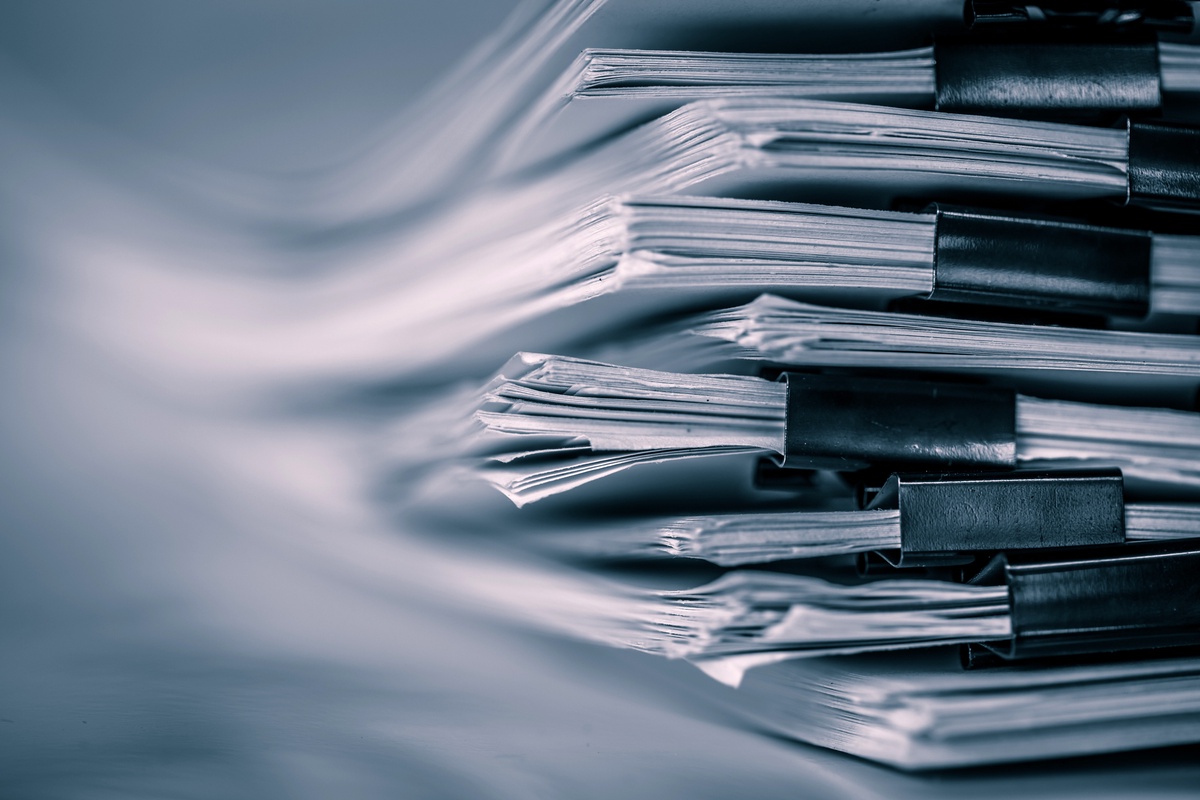Authentication of documents plays a crucial role on a global scale, verifying the authenticity of documents and protecting individuals and businesses from fraudulent activities. Its importance has grown substantially for various purposes, including involvement in cross-border commerce, pursuing education abroad, and participating in legal proceedings. The procedure ensures the integrity of foreign transactions, assuring that documents are valid and legally accepted in the destination country.
In this blog, you will get to learn the reasons why document authentication is essential. However, first, let’s understand what document authentication exactly is.
Understanding Document Authentication
Document authentication is a pivotal step in a broader process known as Authentication and Legalization, particularly in cases where the document was not issued by the local government. This process often involves having a notary witness an official signature. Once the document is deemed eligible, the issuing nation's relevant Legalization Embassy office will authenticate it. For instance, in the case of Canada, this authentication can be completed at the office of Global Affairs Canada.
Following authentication, the document moves to the next step, known as document legalization. This step requires a representative from the foreign mission to attest to the authenticity of domestic signatures. Although many nations have adopted a simplified process called global apostille, some still follow the full authentication and legalization process for every public document.
Benefits of Document Authentication
As mentioned earlier, document authentication is a vital process that ensures the genuineness and validity of crucial documents. It provides numerous advantages, including heightened security, enhanced compliance, and greater efficiency within an organization.
One key advantage is heightened security. Due to technological progress, counterfeiters find it easier to create fake documents that closely mimic genuine ones. Stringent document authentication processes play a crucial role in detecting any irregularities or disparities that could suggest forgery or tampering.
Another advantage is the enhancement of compliance with regulatory requirements. Numerous industries impose strict regulations on the management of sensitive information, and robust document verification assists organizations in adhering to these standards, thus preventing penalties or legal repercussions.
Authentication of documents additionally fosters efficiency and productivity by averting delays in transaction processing or the acquisition of required approvals. By verifying documents at the outset, businesses can streamline operations and reduce unnecessary delays.
Moreover, while exploring educational opportunities overseas, students frequently encounter hurdles associated with document verification. Academic credentials such as diplomas, transcripts, and other documents must undergo a verification process to be accepted by international educational institutions and businesses. This guarantees that individuals are qualified and that their academic achievements attain global recognition.
Incomplete document authentication can lead to delays in international transactions and legal complications. Documents lacking authentication may, on occasion, be considered invalid, giving rise to potential legal complications and financial consequences. To minimize these risks, individuals and organizations need to give precedence to document authentication before venturing into cross-border commerce.
Getting Started with Document Authentication
Commencing document authentication is a simple process that offers immense benefits. The initial step involves identifying the specific documents requiring verification, such as contracts, legal agreements, or invoices.
Once the documents are identified, selecting a reliable global apostille service provider is crucial. Choosing companies with secure and efficient solutions tailored to specific needs is essential. The selected service provider should have robust security measures in place to protect sensitive information.
After selecting a service provider, uploading the documents onto their platform is typically the next step. The system will guide users through the necessary steps, possibly requiring additional information like proof of identity or authorization.
Upon uploading and processing by the service provider, the documents undergo a thorough verification process, which may include cross-referencing against trusted databases or contacting relevant authorities.
After successful verification, individuals or businesses receive certified copies of their documents along with an official seal or stamp from the apostille service provider. These certified copies hold legal validity and can be confidently used for various purposes, including audits or legal proceedings.
Final Words
In conclusion, document authentication's significance in international transactions cannot be overstated. Whether through procedures like global apostille or broader document validation, ensuring the legality of documentation is a vital first step in cross-border transactions. Collaborating with a trustworthy document authentication provider like Washington Consular Service (WCS) is crucial for individuals and companies engaging in international activities, ensuring that their documentation is valid and widely recognized in


No comments yet